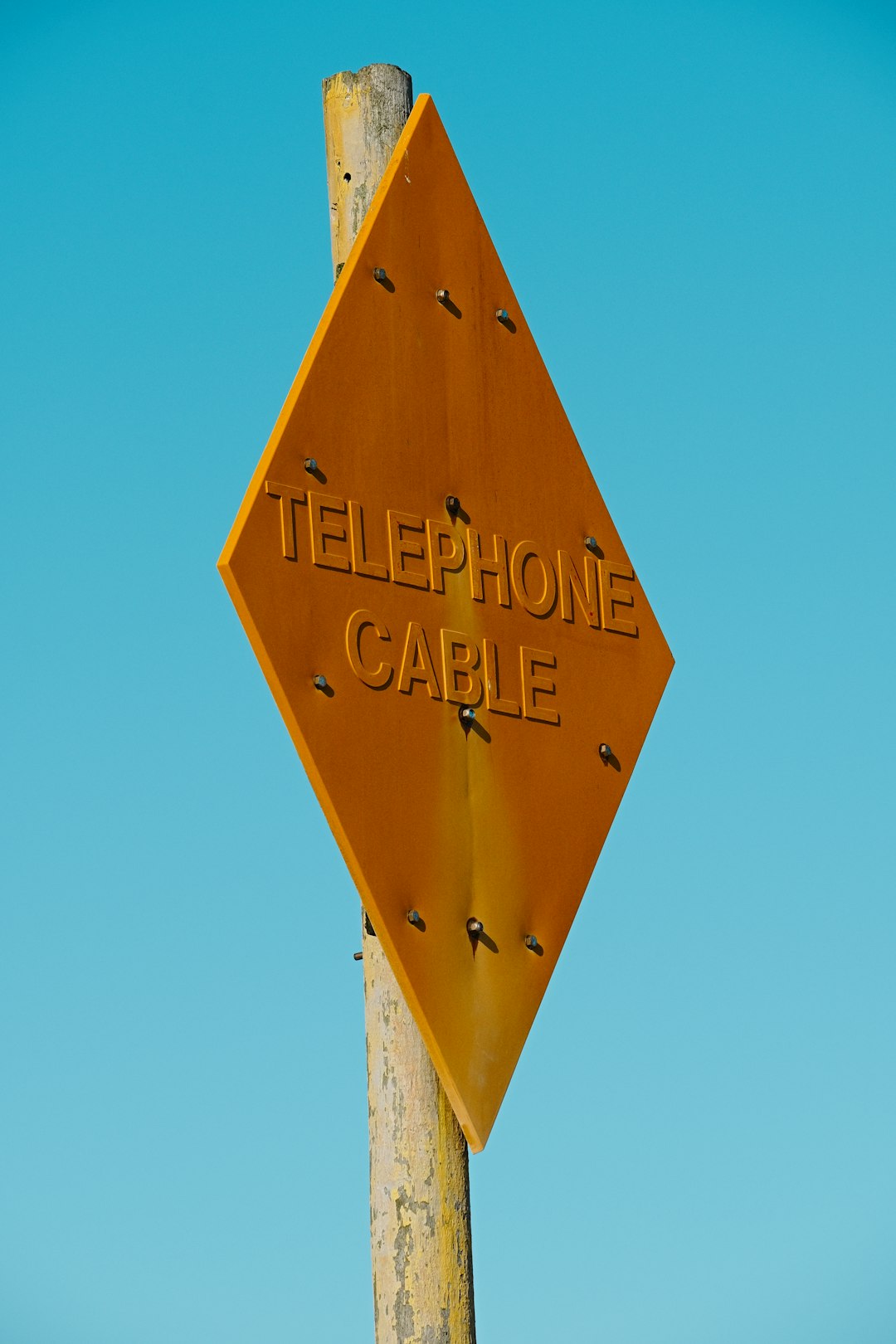Maine's stringent anti-spam laws protect consumers from unwanted text messages (spam texts) by mandating explicit consent for promotional content. Businesses must secure opt-in permission, typically through checkboxes or "YES" replies, to avoid fines and maintain positive customer relationships. Consulting a Maine attorney specializing in telecommunications law is crucial for navigating consent requirements, message frequency, and content guidelines, ensuring compliance with state regulations and fostering trust. By adhering to these laws, companies can prevent legal complications associated with spam texts while maintaining a reputable marketing strategy.
In the digital age, text message marketing has become a powerful tool for businesses in Maine. However, navigating the state’s stringent anti-spam laws is essential to avoid legal pitfalls and protect consumer rights. This comprehensive guide delves into Maine’s text message marketing practices, exploring key aspects such as consent requirements, best business strategies, the role of an attorney, and consumer protections. Understanding these nuances ensures fair practices and fosters a positive, non-intrusive marketing environment for all involved. An attorney in Maine can provide invaluable insights to help businesses stay compliant with spam texts regulations.
Understanding Maine's Anti-Spam Laws: A Legal Perspective

Maine has strict anti-spam laws in place to protect consumers from unwanted text messages, often referred to as spam texts. These laws are designed to give residents control over their communication preferences and to prevent intrusive marketing practices. Under Maine law, businesses and organizations must obtain explicit consent from recipients before sending promotional or advertising text messages.
Any spam texts sent without prior consent can result in legal consequences for the sender, including fines and other penalties. An Attorney in Maine can help businesses navigate these regulations by ensuring their text message marketing practices comply with state laws, thereby avoiding potential legal issues and maintaining a positive relationship with their customers.
Text Message Marketing: What Constitutes Consent in Maine?

In Maine, text message marketing can be a powerful tool for businesses, but it’s crucial to understand the state’s laws regarding consent. To avoid being labeled as spam texts, which are prohibited by law, companies must ensure they have explicit consent from customers before sending promotional messages. This typically involves obtaining permission through opt-in methods, such as providing a clear checkbox during sign-up processes or requiring users to reply “YES” to confirm their interest.
A Maine attorney specializing in telecommunications law can guide businesses on navigating these regulations. They can help ensure that marketing campaigns comply with state laws, thereby avoiding potential penalties and maintaining customer trust. Understanding consent is essential, as it sets the foundation for ethical text message marketing practices, fostering a positive relationship between businesses and their clients.
Best Practices for Businesses: Avoiding Legal Pitfalls

To avoid legal pitfalls with text message marketing in Maine, businesses should adopt best practices that go beyond simply complying with laws. It’s crucial to personalize messages, ensuring they’re relevant to the recipient and not easily mistaken for spam. Using clear opt-out language is essential; allow subscribers to easily stop receiving texts by including a simple, concise opt-out method within each message.
Consulting with an attorney specializing in Maine’s regulations on text marketing can help businesses navigate nuances in consent management, message frequency, and content guidelines. Staying informed about changes in the law and industry best practices is key to avoiding costly legal issues and maintaining customer trust.
The Role of an Attorney: Navigating Maine's Text Marketing Regulations

In the realm of text message marketing, compliance with local regulations is paramount to avoid becoming a target for spam texts. Maine has specific laws governing this practice, ensuring consumer protection and privacy. An attorney specializing in telecommunications law plays a crucial role in navigating these regulations. They can help businesses understand the do’s and don’ts, from obtaining proper consent to adhering to timing restrictions, to ensure compliance without crossing into the realm of spam.
Legal experts can also assist in crafting tailored text message campaigns that respect Maine’s consumer protections. Their guidance is invaluable when dealing with issues like opt-out mechanisms, content limitations, and delivery times, all designed to prevent unsolicited or disruptive communication. Engaging an attorney ensures your marketing efforts remain within the legal framework, avoiding potential penalties and fostering a positive brand image.
Consumer Rights and Protections: Ensuring Fair Practices

In Maine, consumer rights and protections are in place to safeguard individuals from unfair text message marketing practices, often referred to as spam texts. The state’s laws aim to maintain a balance between businesses’ promotional efforts and consumers’ right to privacy. An attorney specializing in Maine’s regulations can help ensure compliance and protect against potential legal issues.
Consumers have the power to opt-out of receiving unsolicited text messages from businesses. By implementing clear and concise opt-in and opt-out mechanisms, companies can avoid inundating customers with spam texts. Adhering to these guidelines not only respects consumer choices but also helps businesses maintain a positive reputation in Maine’s market.






